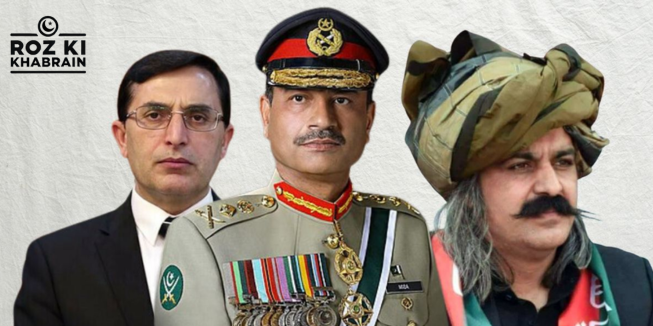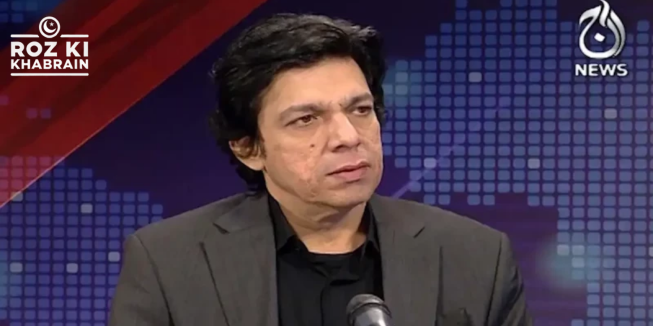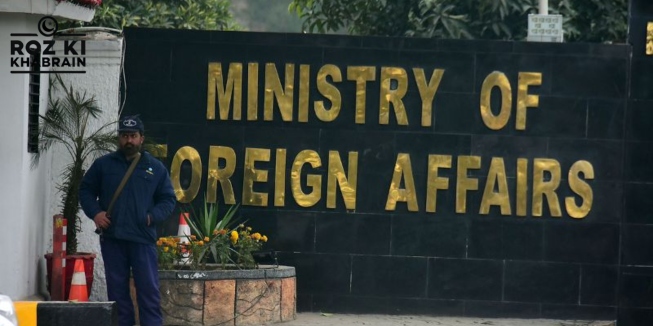Supreme Court Directs Defense Ministry to Submit Details of Military Trials of Civilians
The Supreme Court’s Constitutional Bench on Thursday ordered the Ministry of Defense to provide comprehensive details of all military trials involving civilians.
Composition of the Bench
The 7-member bench, headed by Justice Aminuddin, also includes Justices Jamal Mandokhel, Muhammad Ali Mazhar, Hassan Azhar Rizvi, Musarrat Hilali, Naeem Akhtar Afghan, and Shahid Bilal Hassan. The bench convened to address the contentious issue of military courts’ jurisdiction over civilian cases under the Army Act.
Debate on Military Trials
Representing the Ministry of Defense, lawyer Khawaja Haris argued in favor of military trials for civilians, contending that if the relevant legal provisions are valid, petitions challenging these trials would be inadmissible. Haris emphasized that military trial procedures adhered strictly to the law.
Justice Hassan Azhar Rizvi raised critical concerns regarding the transparency of military trials. He questioned whether the accused were given the opportunity to present witnesses and whether evidence standards complied with legal norms. Rizvi clarified that the court was not examining the merits of the trials but was focused on ensuring due process and fair trial rights.
In response to the court’s request for military trial records, Haris agreed to present the details of one case. Justice Muhammad Ali Mazhar stressed that even without the application of Article 10A, guaranteeing fair trial rights, military procedures must align with legal standards.
Army Act and Its Application to Civilians
Justice Jamal Mandokhel questioned whether the Army Act, originally intended for armed forces personnel, was being misapplied to civilians. He suggested that separate legislation for civilian offenses might have prevented such controversies.
Haris defended the inclusion of civilians under the Army Act, citing it as part of ongoing legal reforms to ensure military operations remain unhindered. However, Justice Naeem Akhtar Afghan raised concerns about the 1967 amendment to the Act, which extended its scope to include civilians and retired officers. He argued that this amendment might require a constitutional review to ensure compliance with legal standards.
Fair Trial and Legal Clarity
The court noted that Article 10A, introduced to guarantee fair trial rights, had triggered debates about the applicability of military courts to civilians. Justice Afghan remarked that legislative clarity might necessitate a constitutional amendment.
Haris countered, arguing that prior amendments served different purposes. However, the bench remained unconvinced and directed the Ministry of Defense to provide detailed records of all civilian trials conducted under military courts, excluding high-profile cases such as Kulbhushan Jadhav’s.
Court’s Stance on Fairness
The bench reiterated its focus on the procedural fairness of military trials and emphasized that no individual should be punished without a fair hearing. It stressed the need for transparency and alignment with constitutional guarantees when applying military laws to civilians.
As the hearing concluded, the court adjourned proceedings, calling for further deliberation on the records of civilian military trials and the adequacy of legal safeguards. The bench reaffirmed its commitment to upholding the accused’s rights and ensuring justice in line with constitutional principles.




